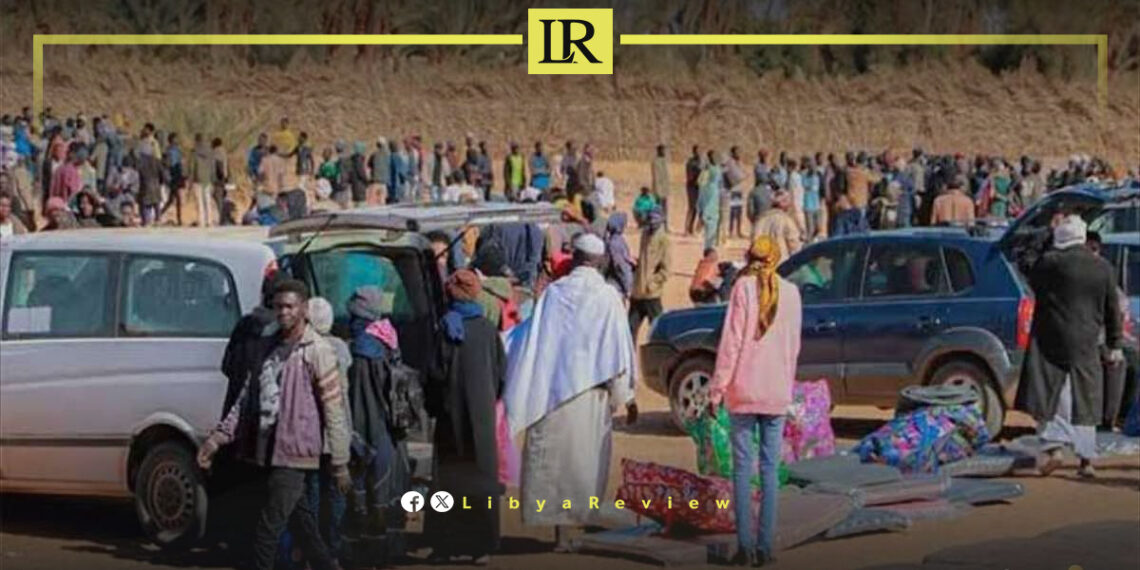The United Nations High Commissioner for Refugees (UNHCR) has estimated that over 313,000 Sudanese nationals displaced by the ongoing conflict in Sudan have found refuge in Libya.
This figure highlights Libya’s increasing role as a destination for those fleeing violence and instability since the outbreak of war in April 2023. The total number of people displaced by the conflict has now reached nearly 12 million, including 7.7 million displaced within Sudan and 4.1 million who have crossed into neighboring countries.
Libya, alongside other countries in the region, is hosting a large share of these displaced populations. The UN has warned that affected countries, including Libya, urgently need additional international support to provide essential humanitarian aid.
Immediate needs for Sudanese refugees include shelter, clean water, food, medical care, and other life-saving services. Many of the displaced are especially vulnerable, including children, the elderly, persons with disabilities, and individuals suffering from chronic health conditions.
Despite the humanitarian challenges, Libyan authorities in the east of the country have launched broad operations targeting irregular migration. According to the Department for Combating Illegal Migration, around 700 Sudanese migrants were detained in recent raids and forcibly returned to Sudan. These deportations, carried out by land, are part of an expanded campaign to address what authorities describe as unregulated and unsafe migration.
The agency’s statement noted that some of the deported individuals were returned due to criminal convictions or national security concerns. Others were found to be suffering from infectious diseases such as hepatitis and HIV, prompting their removal on public health grounds.
The deportations have raised concerns among human rights organizations, particularly in light of the fragile conditions from which many of these individuals have fled. Libya continues to serve both as a destination and a transit country for migrants and refugees from Sudan and other parts of Africa, despite ongoing political instability and limited resources.
As the war in Sudan enters its second year with no sign of resolution, pressure on neighboring countries like Libya is expected to intensify.
The UN has called for increased global cooperation to protect the rights of refugees while addressing the root causes of forced displacement.


